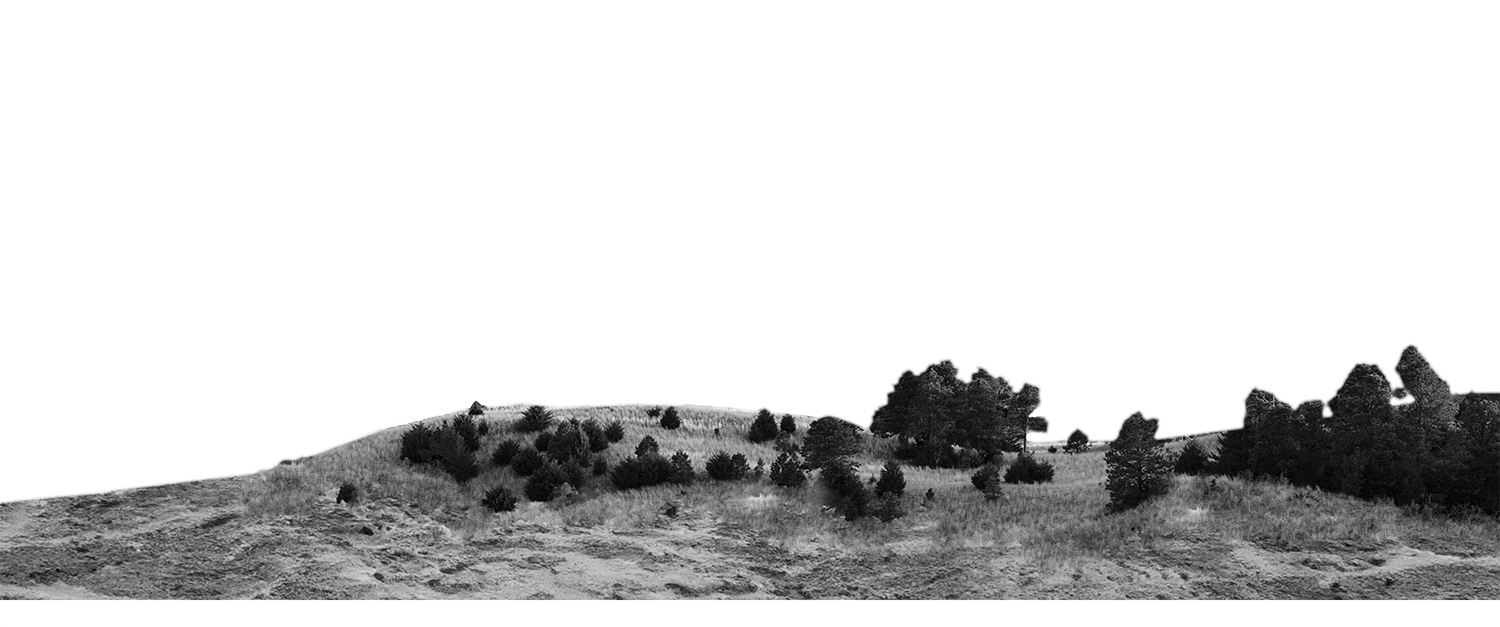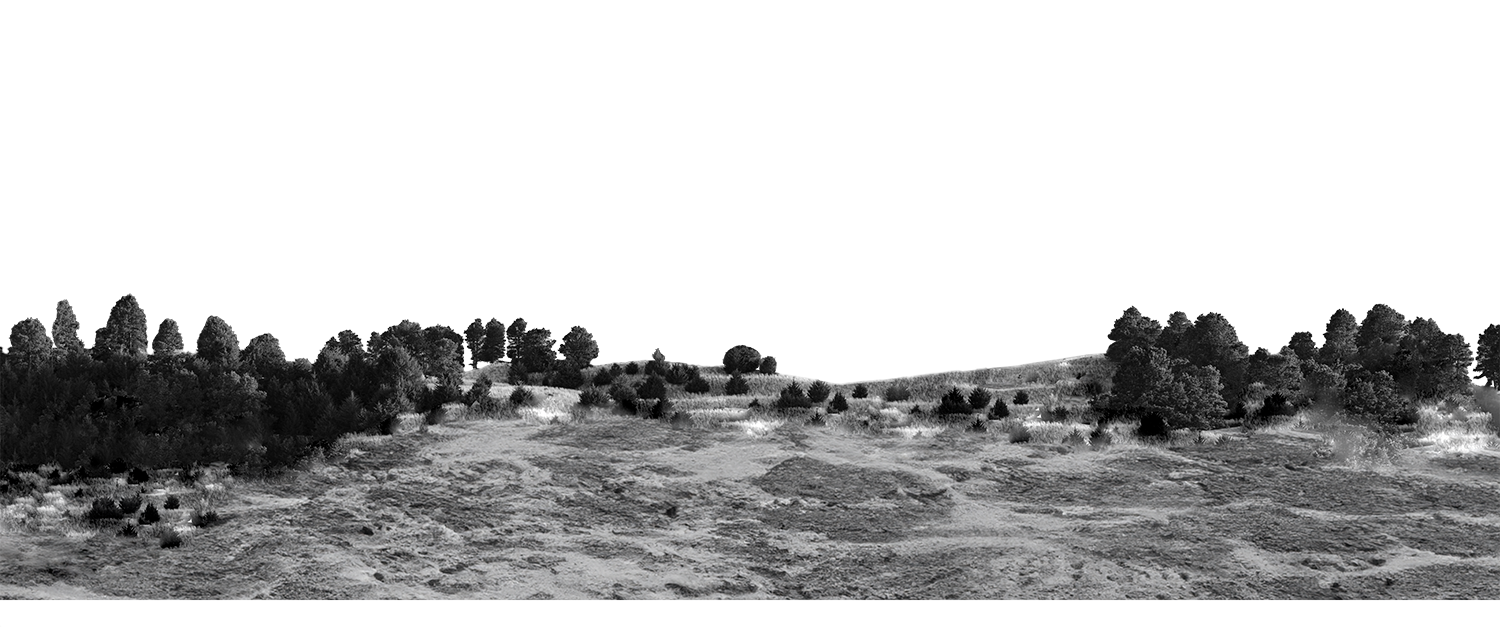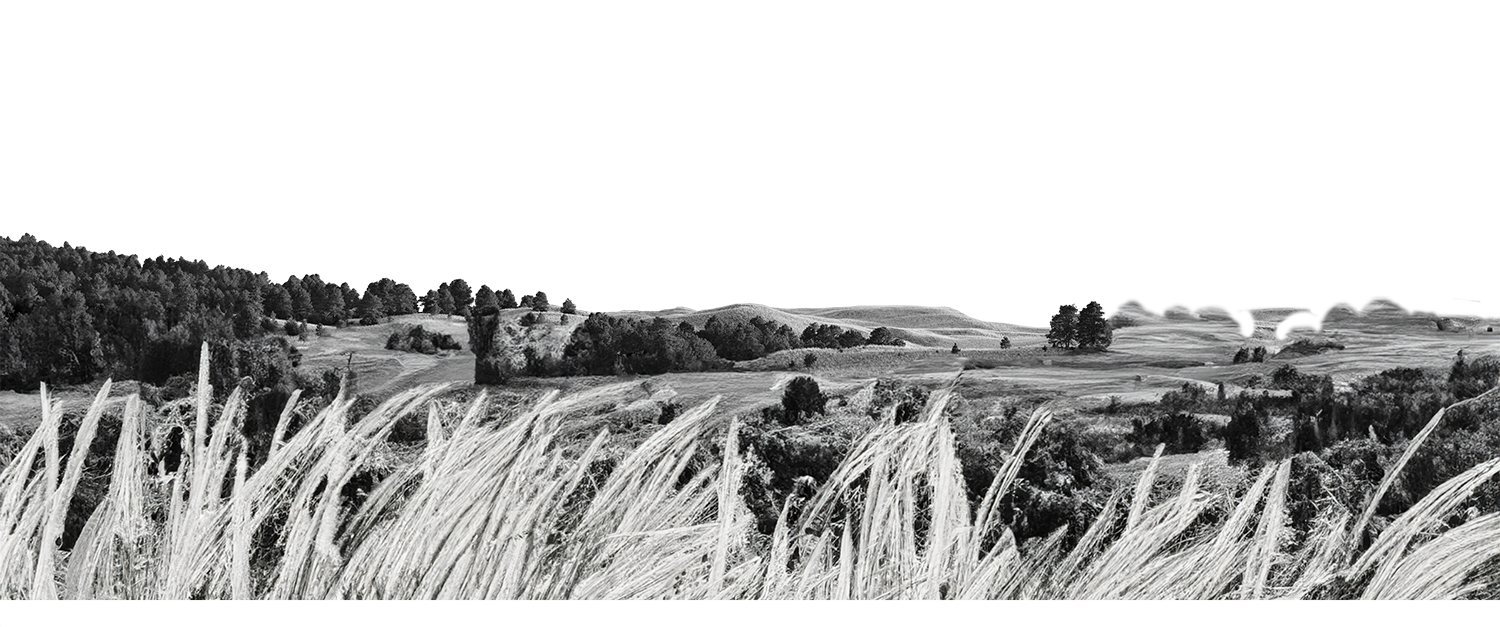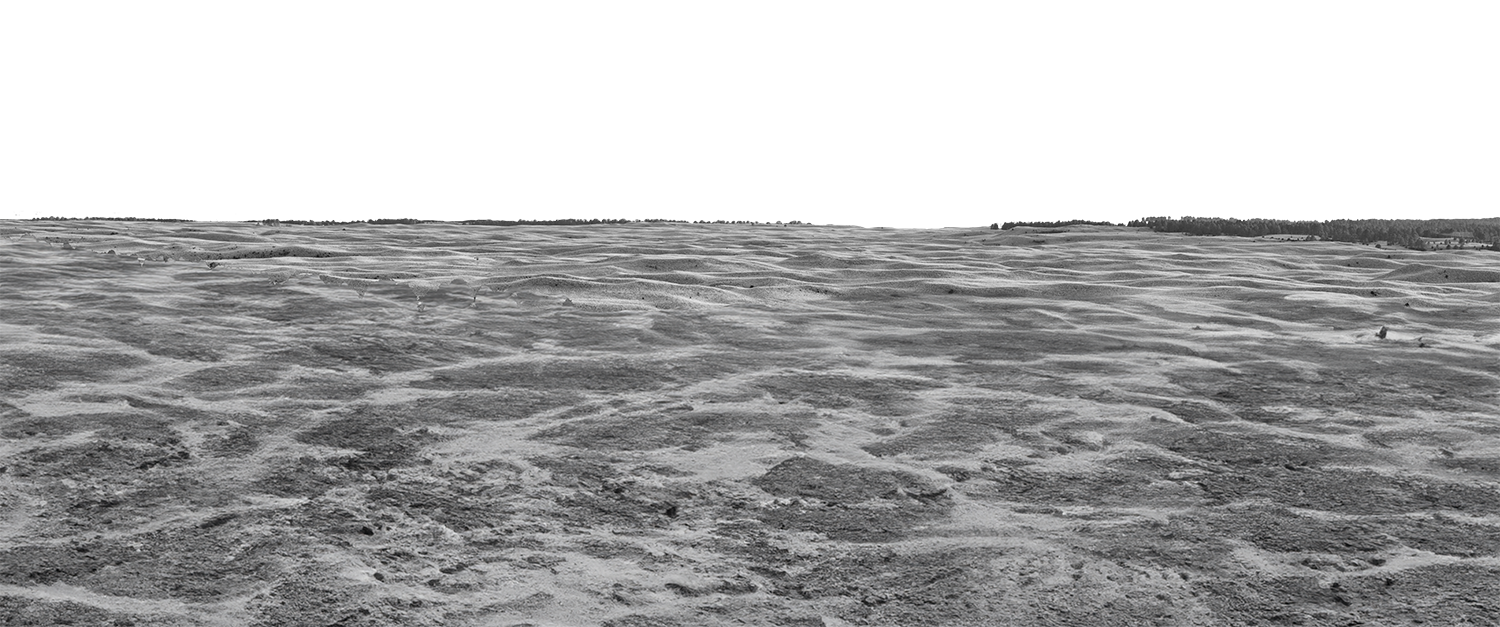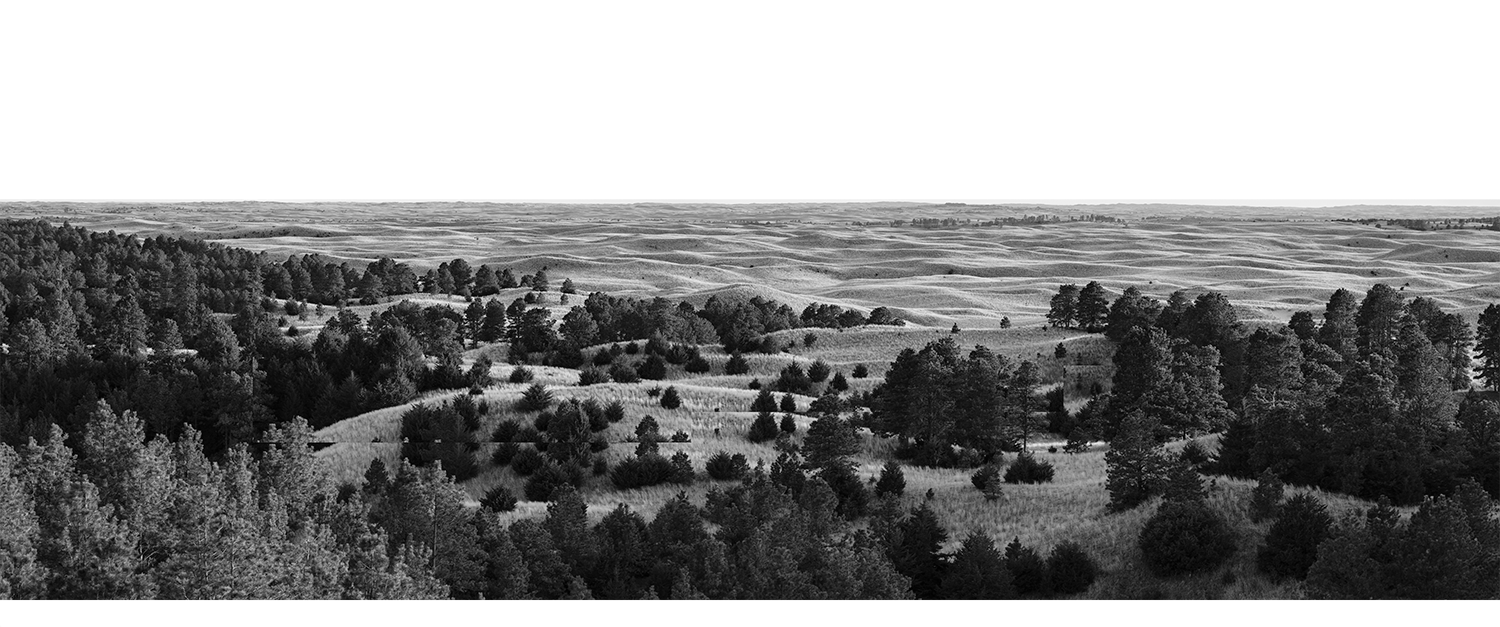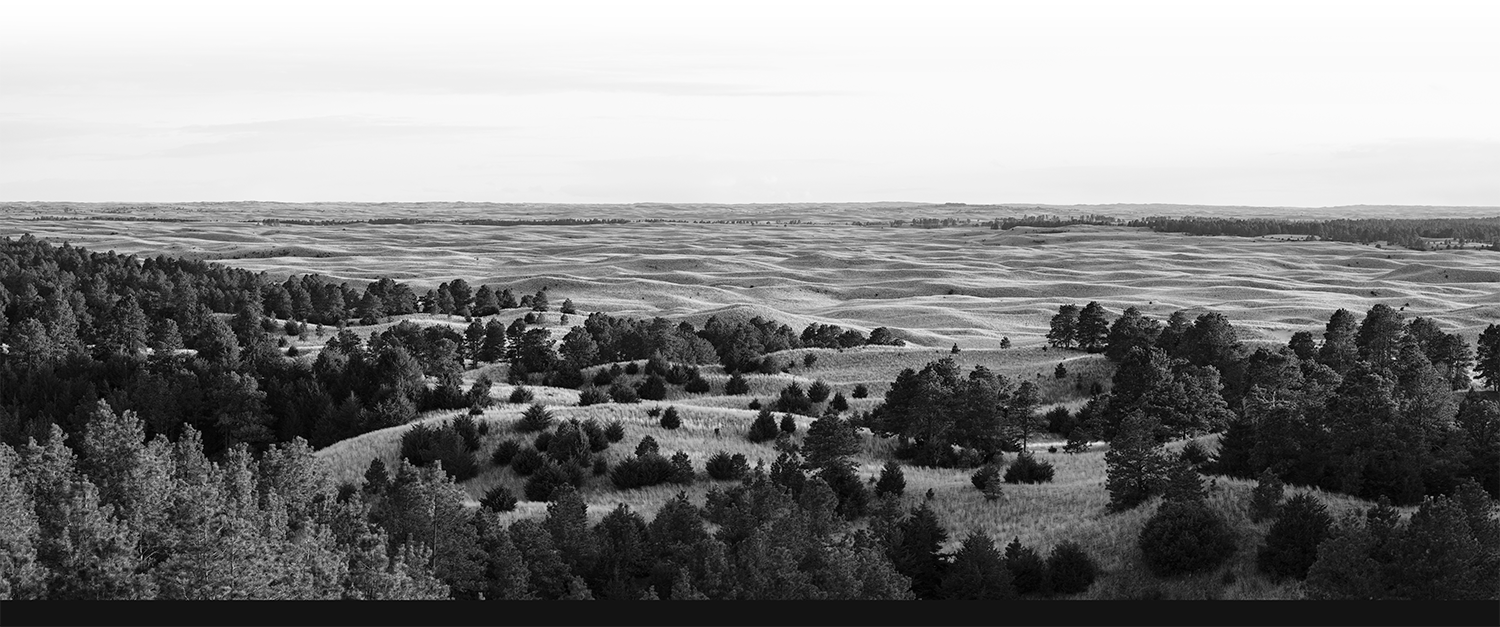Connecting civil rights, law and history
A new teaching, research and collaboration hub is positioning Nebraska as a national leader in education and scholarship focused on the relationship between U.S. law and race in American history.
A four-year, $1 million grant from the Andrew W. Mellon Foundation supports the project. It is led by William Thomas, Angle Chair in the Humanities and professor of history; Katrina Jagodinsky, Susan J. Rosowski Associate Professor of history; and Jeannette Eileen Jones, Carl A. Happold Associate Professor of history and ethnic studies. They are collaborating with College of Law scholars.
It is the largest arts and humanities research grant in the university’s history.

The goal is to help students and the public understand how marginalized groups in American history – enslaved people, racial minorities, women and Indigenous people, among others – used the law to contest and advance their rights.
“There are a few landmark cases that students encounter,” Thomas said. “But think of the thousands of courthouses around the United States. This is the biggest set of historical evidence that’s untapped in American history. We want to bring it into the light, share it and talk about it.”
The new curriculum includes an entry-level, team-taught course focused on race in American law and history, called “And Justice for All.” It’s the first of its kind at the university. Undergraduates can also take upper-level courses with experiential components.
For graduate students, the program offers a non-degree certificate, “U.S. Law and Race,” available internationally. It also creates a summer fellowship focused on law, policy and history.



Partnering with the university’s Center for Digital Research in the Humanities, the team is building a first-of-its-kind open educational repository of digital and legal research tools. It will provide open access to the lesser-known cases – freedom suits from enslaved people and habeas corpus cases filed by women and children, for example.



The resource will include the voices of people directly affected by this history. With community partners Vision Maker Media and the Institute of Politics, Policy and History at the University of the District of Columbia, the team will produce multimedia content and documentaries. Michael Burton, assistant professor of textiles, merchandising and fashion design, and Kwakiutl Dreher, associate professor of English, will help with creative storytelling.
+ Additional content for Connecting civil rights, law and history
News release: Team earns $1M grant to bridge connections between history, civil rights



